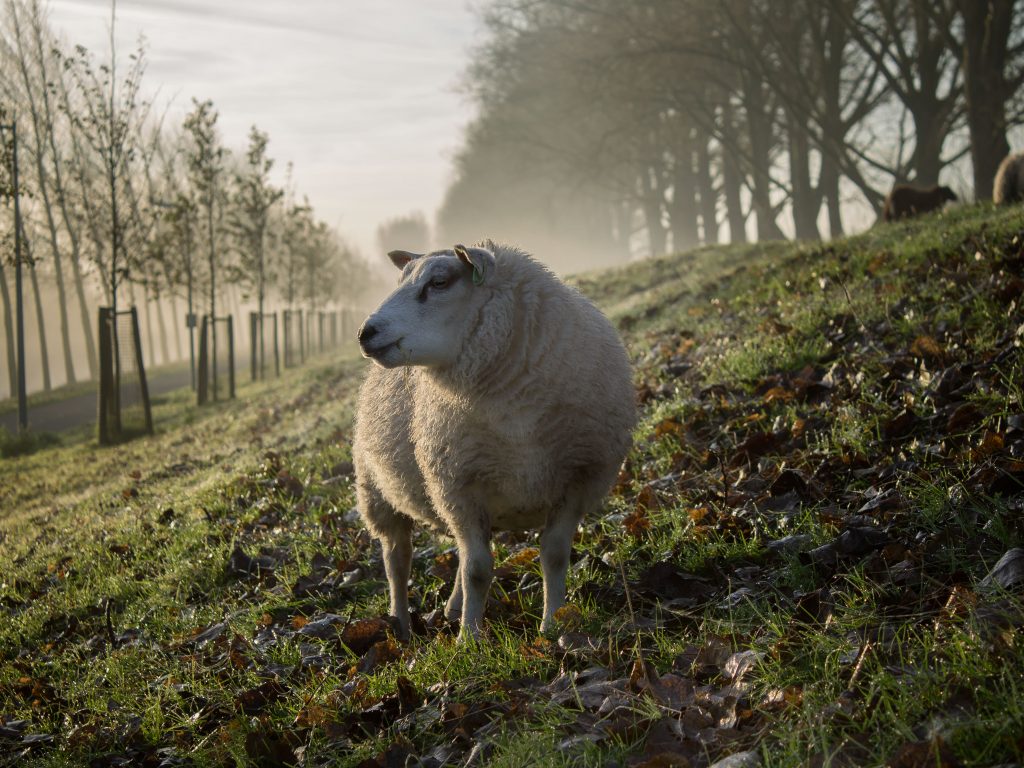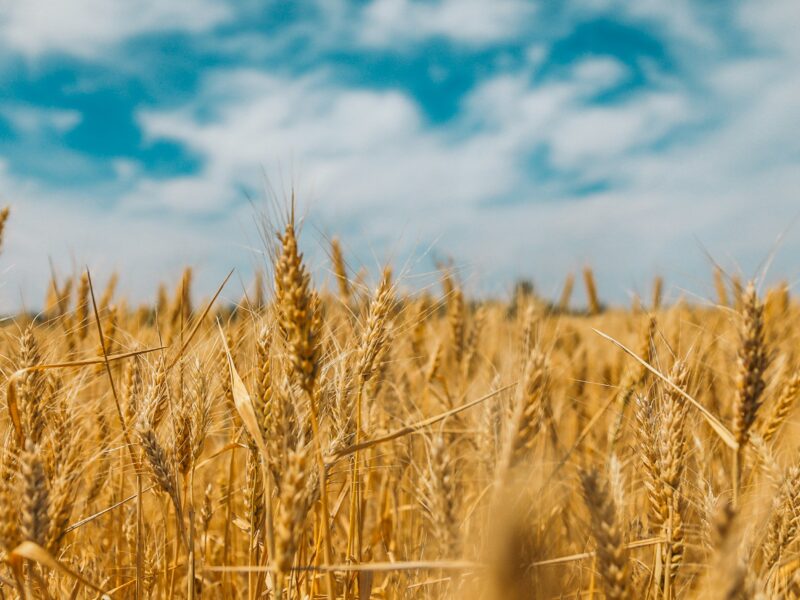Organic farmers and ranchers must accommodate the natural behavior of their livestock and meet health and wellness requirements. These requirements include:

Feed and Grazing: Organic livestock must be fed 100 percent certified organic feed, with an exception for trace minerals and vitamins necessary to meet the animal’s nutritional requirements. The land and pasture on which organic livestock are raised must be certified organic and meet all organic crop production standards. Organic ruminant livestock such as cattle, sheep and goats, must have free access to certified organic pasture for the entire grazing season. Grazing seasons are specific to the farm’s geographical climate and range from 120 to 365 days per year.
Disease prevention and treatment: Organic farmers aren’t allowed to use drugs routinely to prevent diseases and parasites. Instead they rely on animal selection and management practices. A few synthetic substances such as pain medication and dewormers can be used to treat organic livestock if preventive strategies have failed. In extreme cases, when both preventative measures and treatment with approved substances has failed, the animal must be given the appropriate treatment with prohibited substances such as antibiotics. However, after such treatment, the animal and/or its products cannot be sold as organic.









